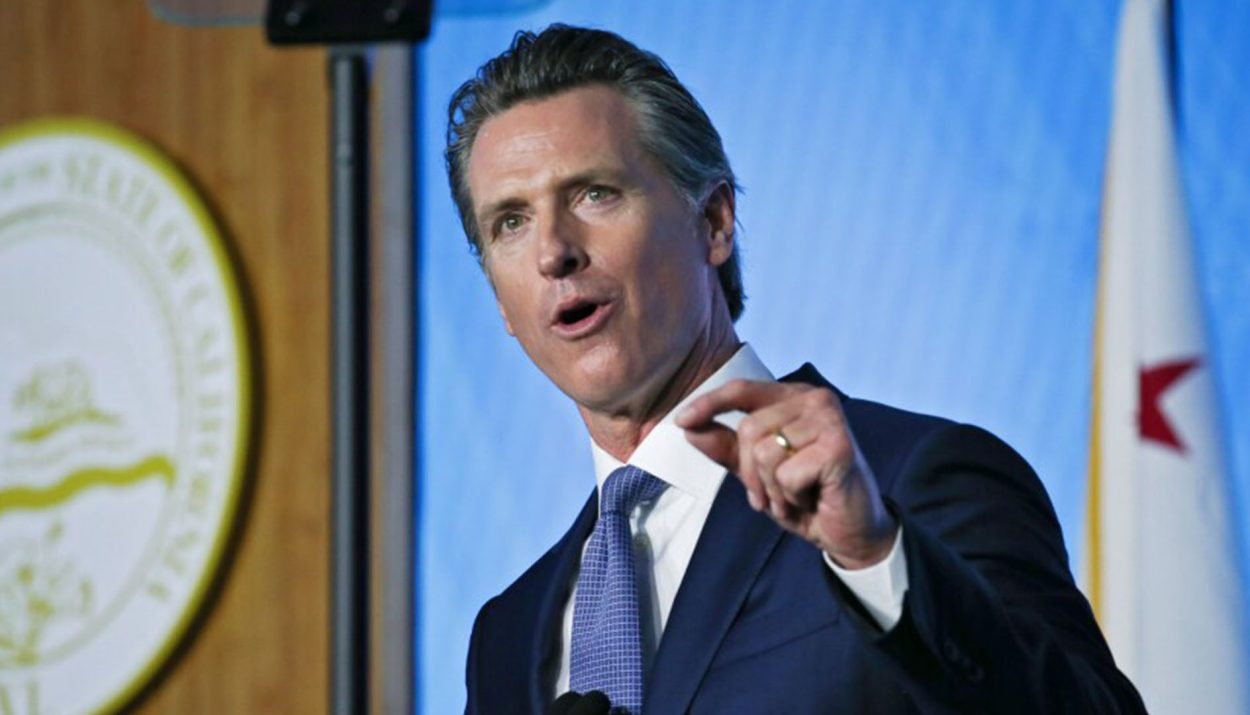California’s recent decision to increase the minimum wage for fast-food workers from $15.50 to $20 per hour, effective April 2024,has ignited a significant debate about the impact it could have on the labor market, businesses, and the broader economy. The move, aligned with legislative efforts to enhance the wages of the state’s lowest-paid employees, has elicited diverse perspectives on its potential consequences and implications.
On-Site Bakeries
Although the law aims to aid low-wage fast food employees, it isn’t applicable to restaurants that have on-site bakeries selling bread.
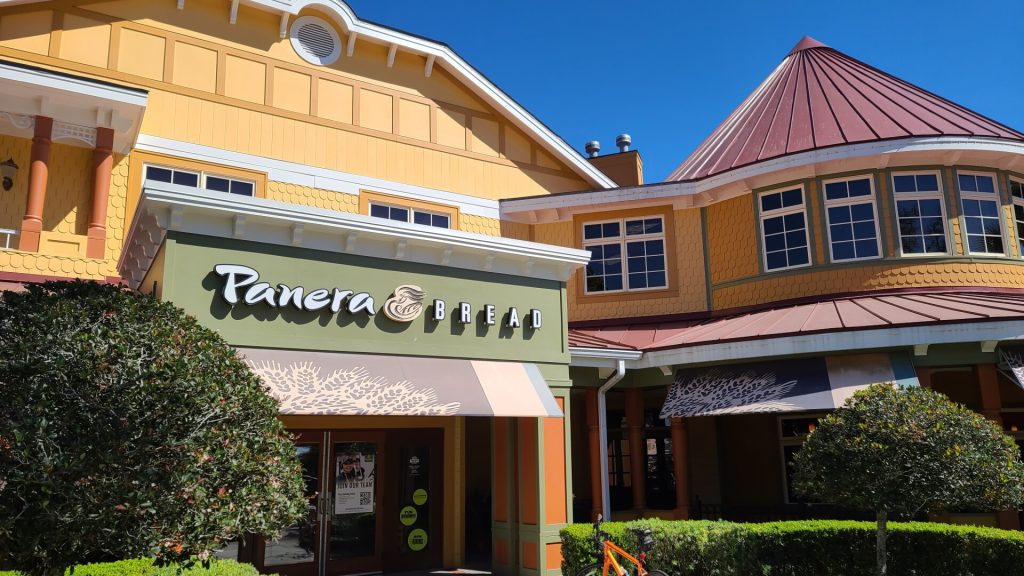
Newsome spokesperson Alex Stack said, “This story is absurd.”
An Wavier
The minimum wage legislation seems to contain an exemption that benefits Panera Bread franchise owner Greg Flynn, who happens to be a significant donor to Governor Newsom.
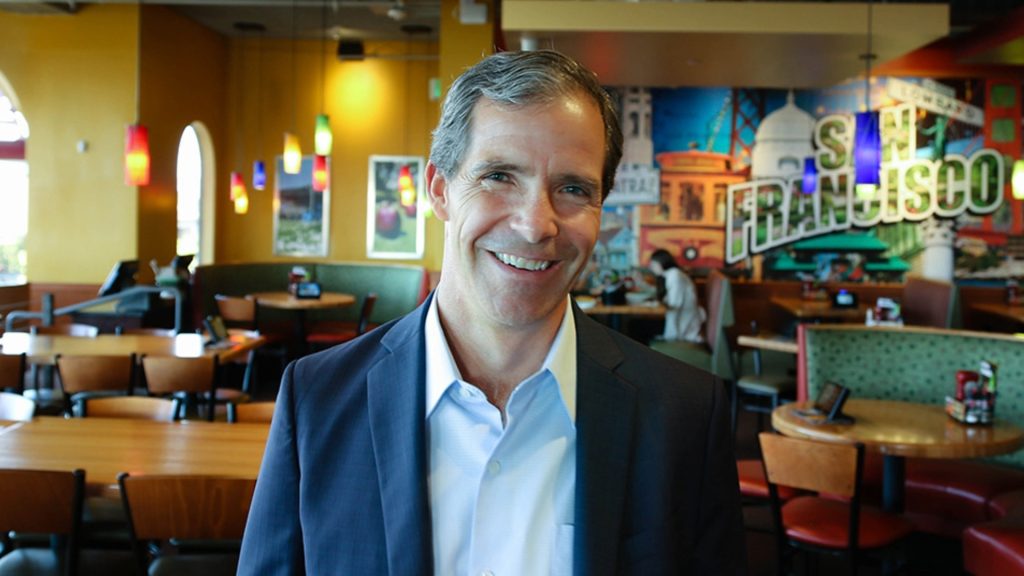
Nonetheless, Newsom denies that the company is exempt.
Greg Flynn
Greg Flynn, the owner of Panera Bread franchise, has given $220,000 in donations to Newsom. Newsom’s office denies Flynn received special treatment, arguing that Panera mixes their dough off-site,
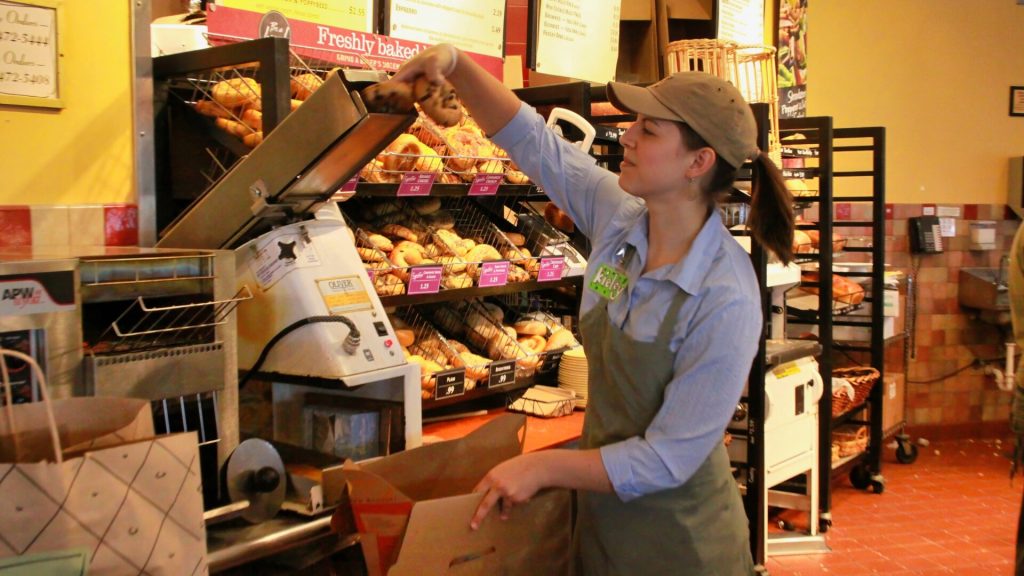
However, when asked they did not clarify the but they did not clarify the exemption.
Political Donations
“Put simply, campaign contributions should not buy carveouts in legislation,”

state Senate leader Brian Jones said. “It’s unacceptable.”
An Investigation
Republicans are urging an investigation into whether campaign donations contributed to the language of the bill.

Flynn stated, “Such a narrow exemption has very little practical value. As it applies to all of our peer restaurants in the fast casual segment, we will almost certainly have to offer market value wages in order to attract and retain employees.”
No Explanation
Assembly member James Gallagher said,

“This exemption, there is no explanation for it. Someone had to push for it,”
Inequalities In Wages
The increase in wages, impacting approximately 400,000 fast-food workers, represents a notable step in targeted efforts to address wage disparities within specific sectors.

California’s initiative mirrors a bigger trend of industry-specific minimum wage measures, such as the recent legislation to boost wages for health care workers, signaling a nuanced approach to addressing wage inequalities across different professional domains.
Hundreds Of Businesses
Advocates argue it was a compromise that involved hundreds of businesses. Service Employees International Union California executive director Tia Orr said, “Like all transformational initiatives, it addressed difficult questions around its scope, including what constitutes a fast-food restaurant as opposed to a bakery, for example, and it involved literally hundreds of businesses in discussions,”
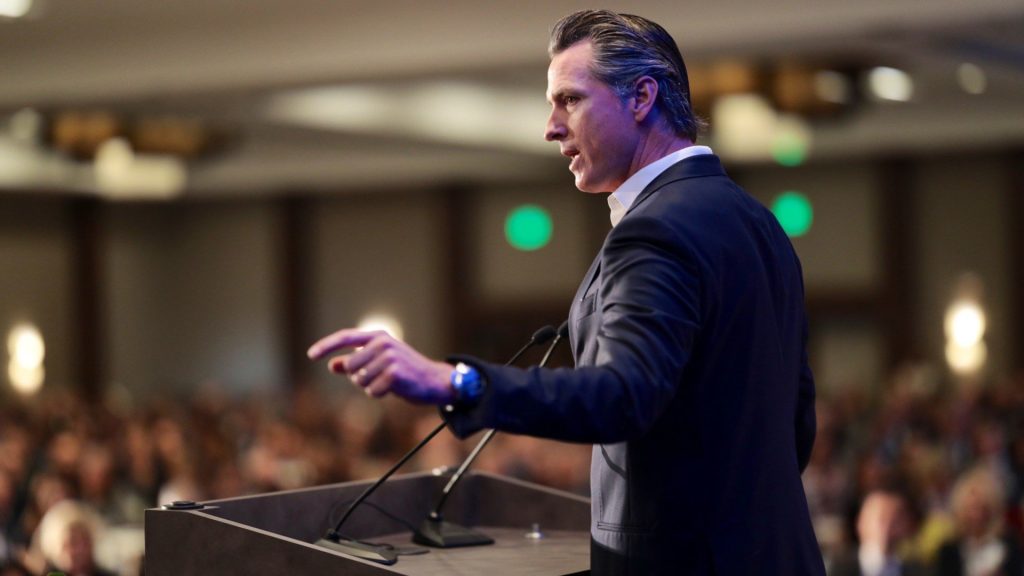
“But the big picture is clear: a half million fast food workers in our state now have the power to improve their workplaces.”
Start Divide
Assembly member Chris Holden said, “I’m not going to try to start parceling every individual group.”
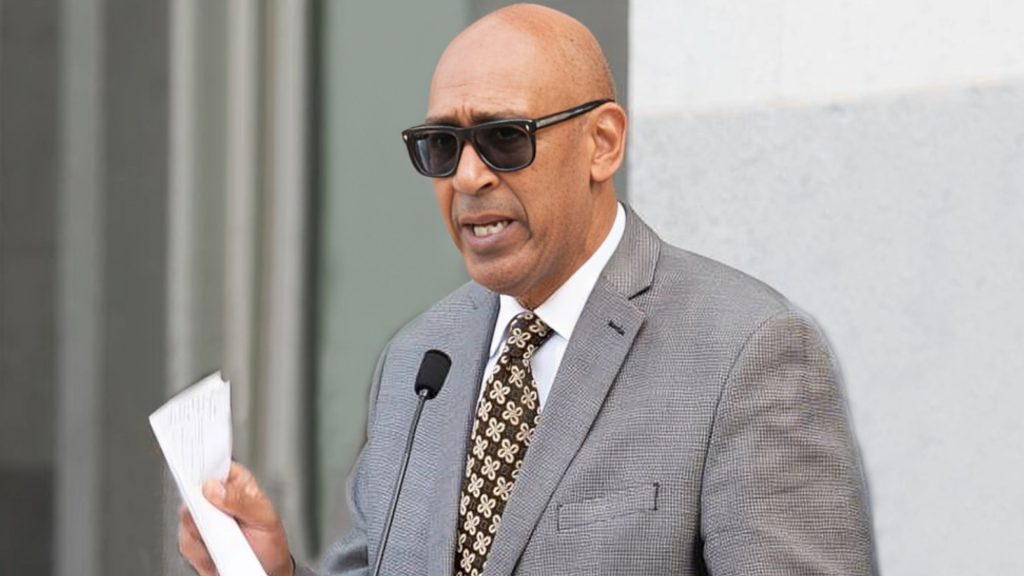
“The way that the bill moved forward, everyone who’s in is in.”
A Minor Issue
University of Southern California and the University of California professor Dan Schnur said,
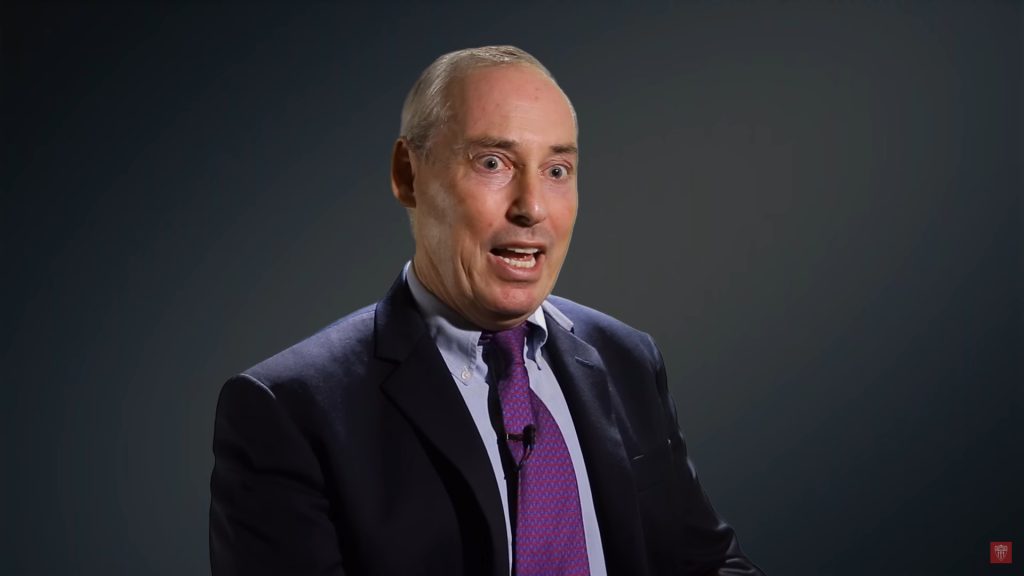
“The last time the governor got in the middle of a restaurant-related controversy, his hesitation to address it turned a small problem into a much bigger one,”
Increase In Pay
Experts predict that the new minimum wage for fast-food workers could have broader implications that could affect more than just the industry itself.

The increase is expected to trigger pay increases for other restaurants and food workers, potentially placing increased wage pressures in industries that are already battling chronic understaffing and retention challenges
Hike In Prices
According to economists, the increase in wages is expected to cause a 5% rise in the prices of fast-food items.
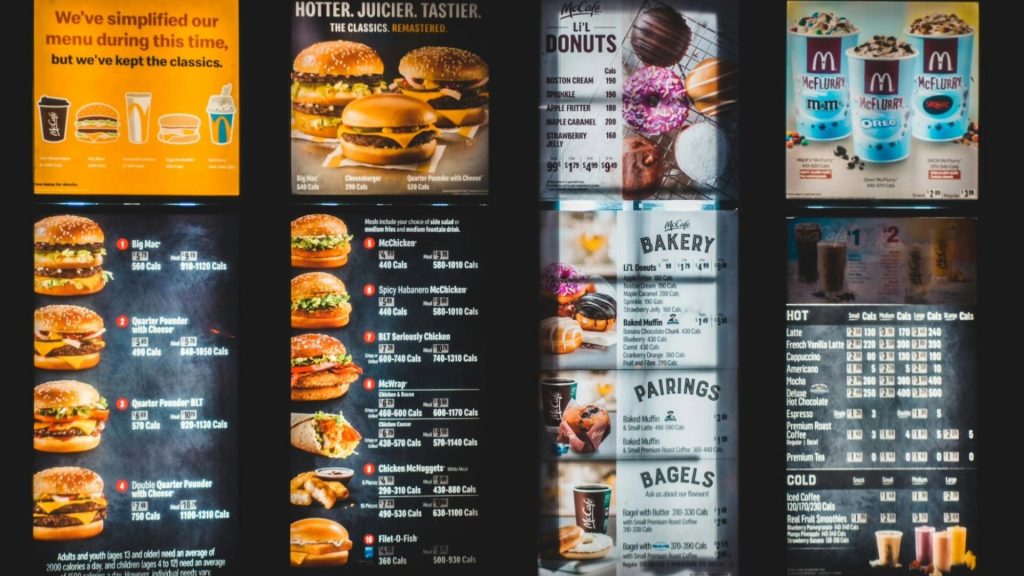
While critics have voiced their concerns about the potential price increase and inflationary pressures, advocates of the wage hike highlight the potential benefits, including improved employee satisfaction, mental health, and overall well-being.
Increased Costs
Conversations about the wage increase have also taken a dive into the possible impact on consumer prices and profits for businesses.
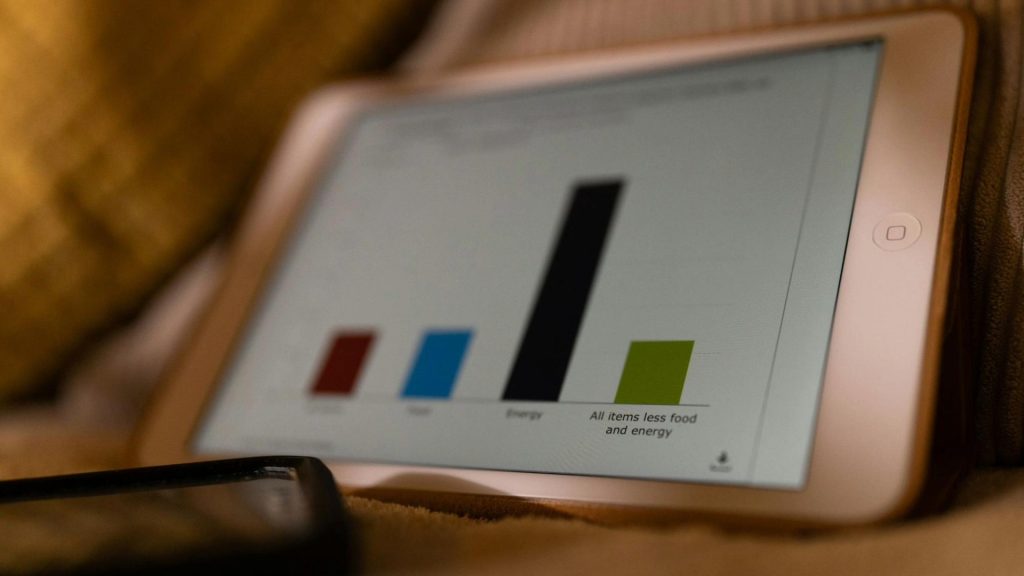
While some economists caution of potential consumer price increases and higher costs for businesses, others make the argument that the effects are relatively low and underscore the potential for positive impacts.
Adjustments To Wages
The action prompts considerations about the possibility of future wage adjustments,
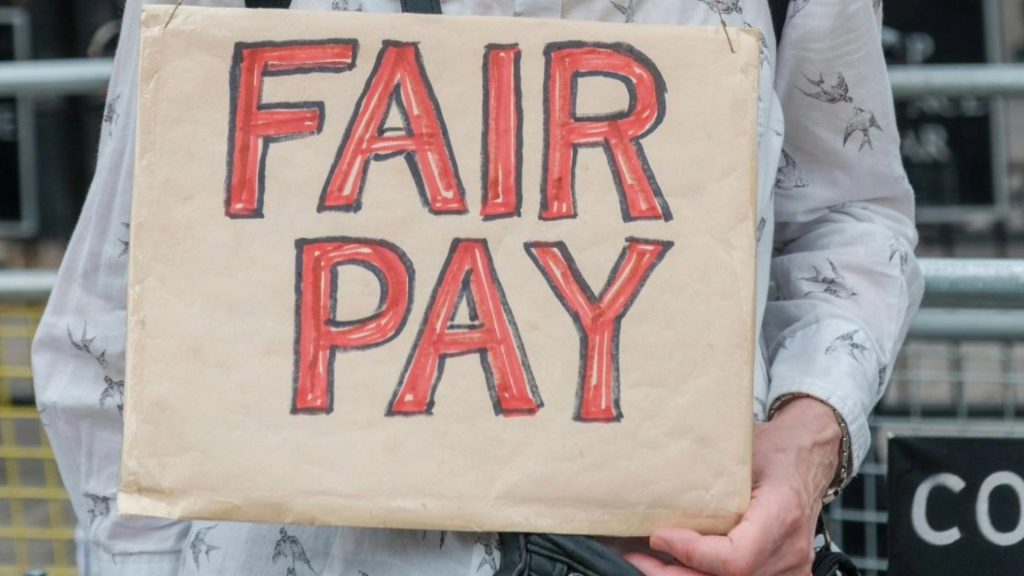
And the broader pursuit of equitable compensation in the labor market.
Employment Policies
Changes in the wages of the fast-food industry highlights the evolution of labor policies,

Alongside calls for a wider range of reforms and initiatives aimed at improving the conditions of low-wage workers across various sectors.
Sparked Conversations
The choice to raise the minimum wage in California has sparked conversations about creating balance in the interest of employees,
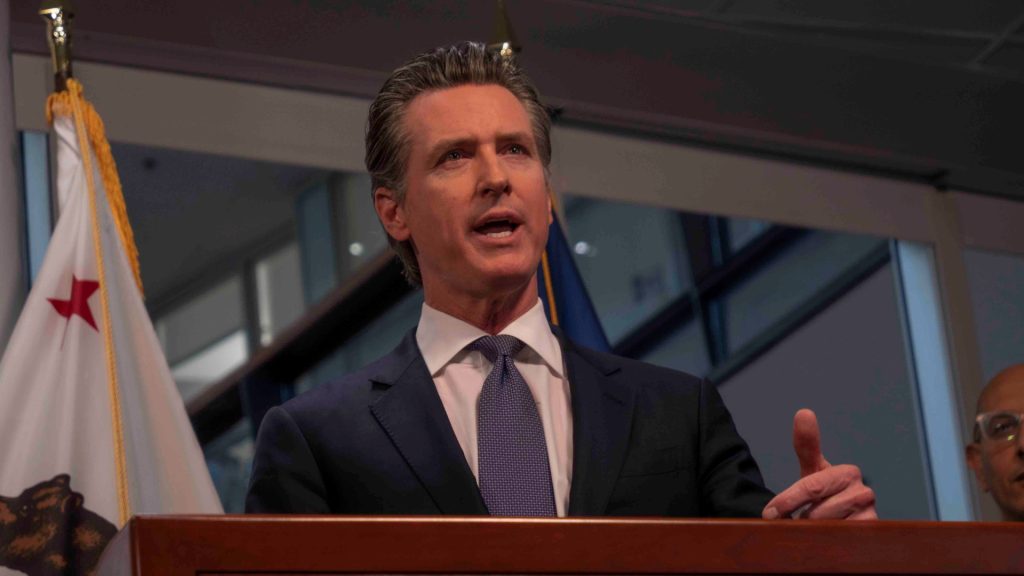
businesses, and the broader economy. It has prompted reflections on the complexities of wage policy formulation, the trade-offs involved, and the pursuit of equitable economic outcomes.
Ongoing Discussions
The decision marks a significant moment in the discourse on labor standards,
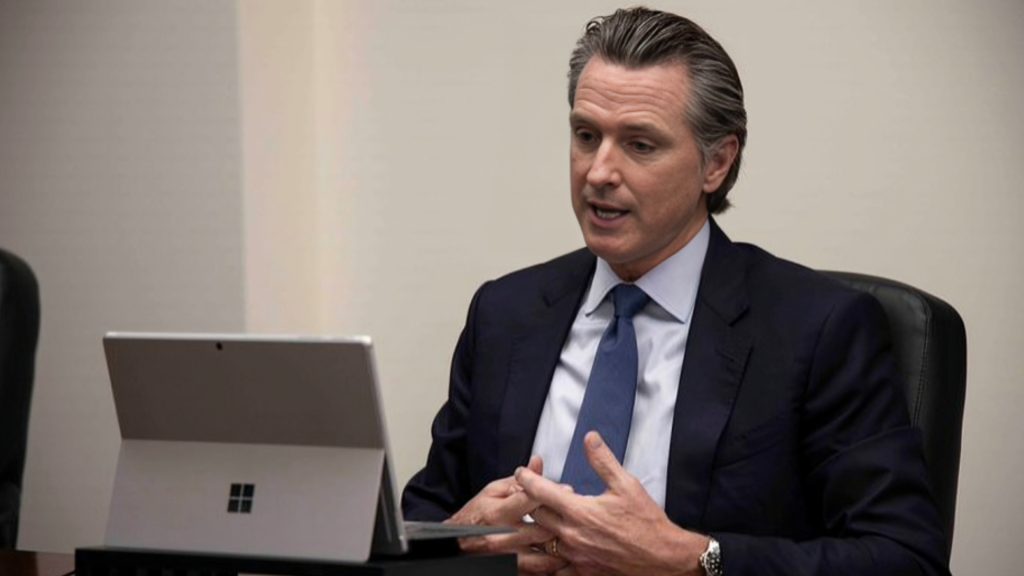
industry-specific wage measures, and the greater pursuit of economic inclusivity and fairness.
Impact And Consequences
As the $20 minimum wage hike in California’s fast-food industry is implemented, the impact and consequences are set to shape continued conversations about wage policies,
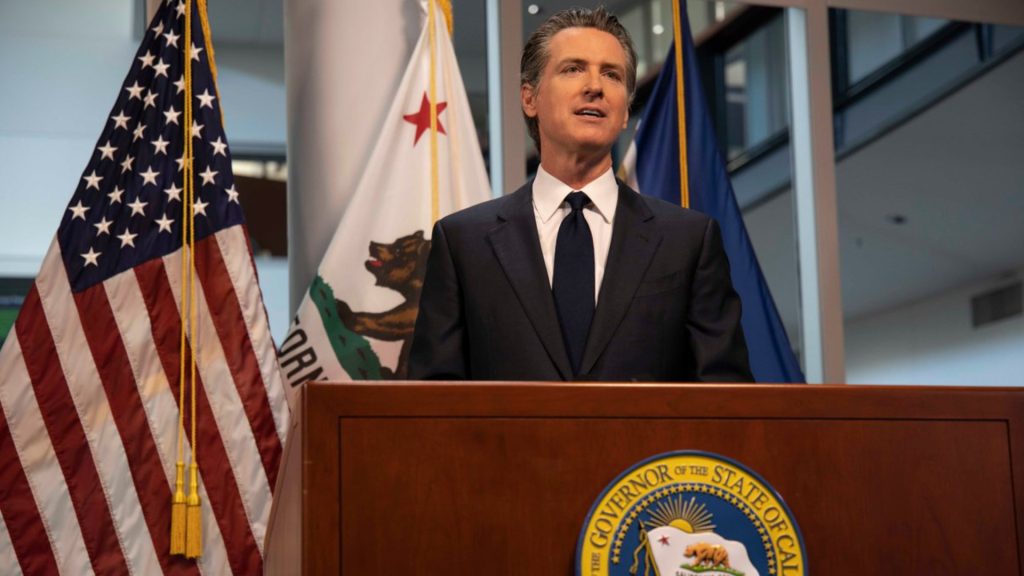
The labor market dynamics, and efforts made to create equitable economic opportunities for workers.

